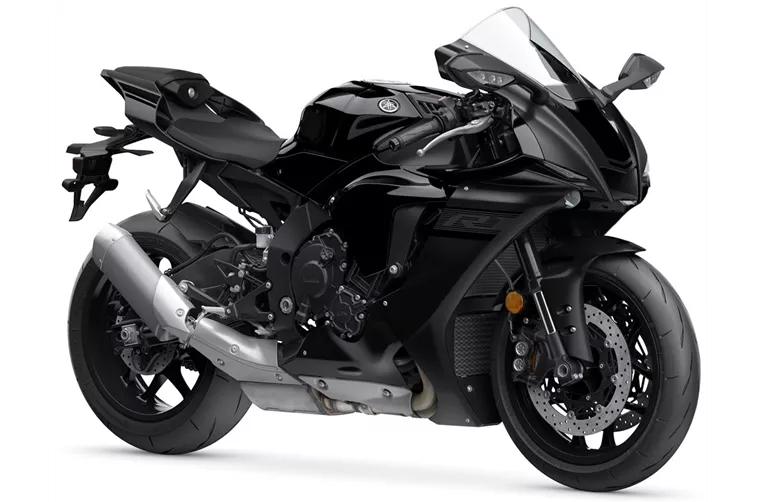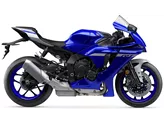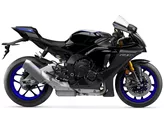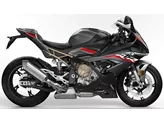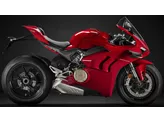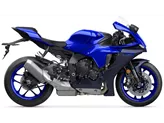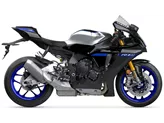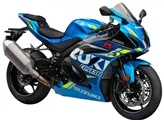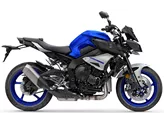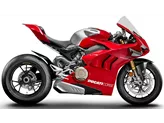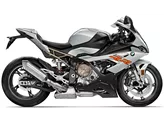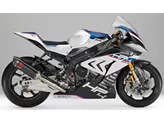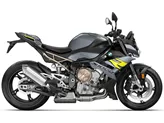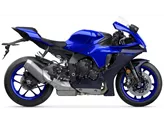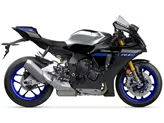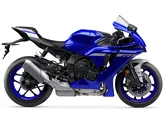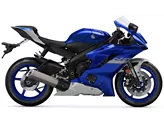BMW S 1000 RR 2015 vs. Yamaha R1 2020
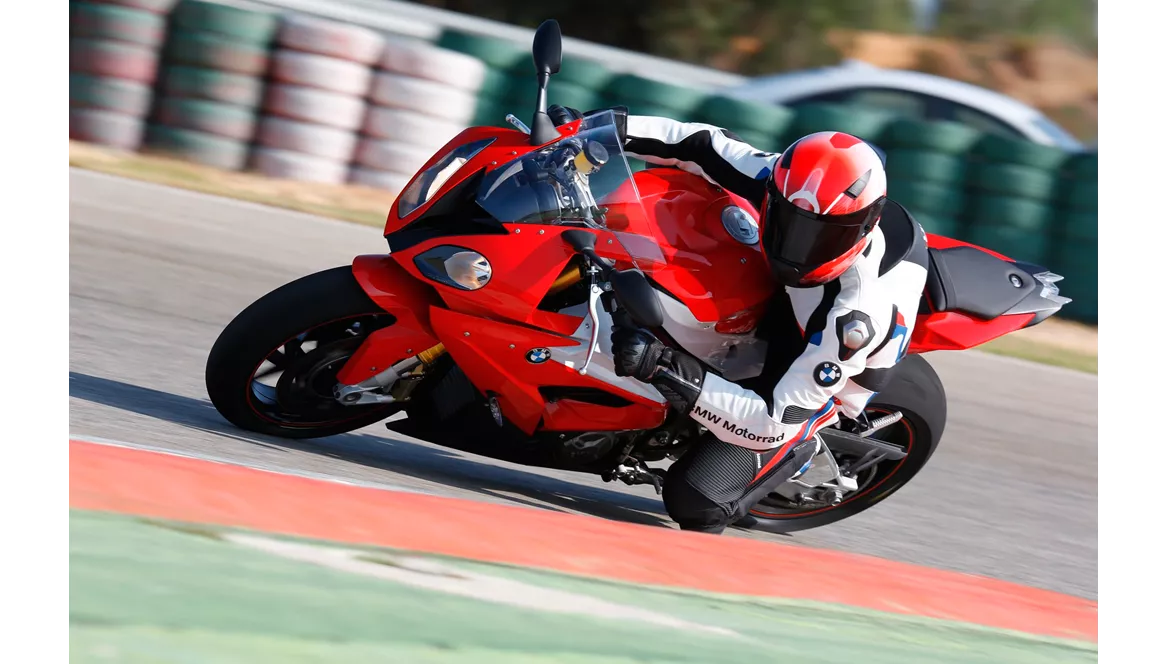
BMW S 1000 RR 2015
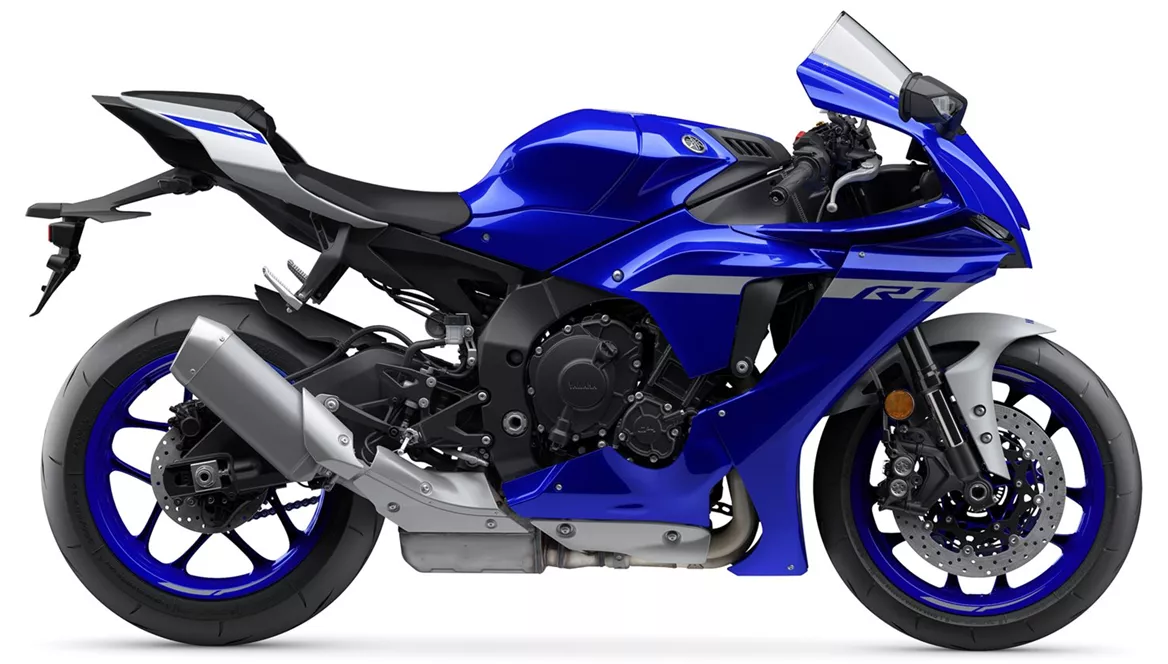
Yamaha R1 2020
Overview - BMW S 1000 RR 2015 vs Yamaha R1 2020
The BMW S 1000 RR model year 2015 and the Yamaha R1 model year 2020 are both high-performance supersport motorcycles. While they have many similarities in terms of specifications, there are also some notable differences between the two.
In terms of engine and drive train, both motorcycles have a 4-cylinder engine with a displacement of around 1000cc. The BMW S 1000 RR has a slightly larger bore of 80mm compared to the Yamaha R1's 79mm. However, the Yamaha R1 has a slightly longer stroke of 50.9mm compared to the BMW's 49.7mm. In terms of power, the BMW S 1000 RR has 199 HP while the Yamaha R1 has 200 HP. The torque figures are also quite similar, with the BMW having 113 Nm and the Yamaha having 112.4 Nm. Both motorcycles have a compression ratio of 13.
In terms of suspension, the BMW S 1000 RR has a telescopic fork at the front, while the Yamaha R1 has an upside-down telescopic fork. Both motorcycles have an aluminum frame, with the BMW having a twin-tube frame and the Yamaha having a Deltabox frame. Both motorcycles also have double disk brakes at the front.
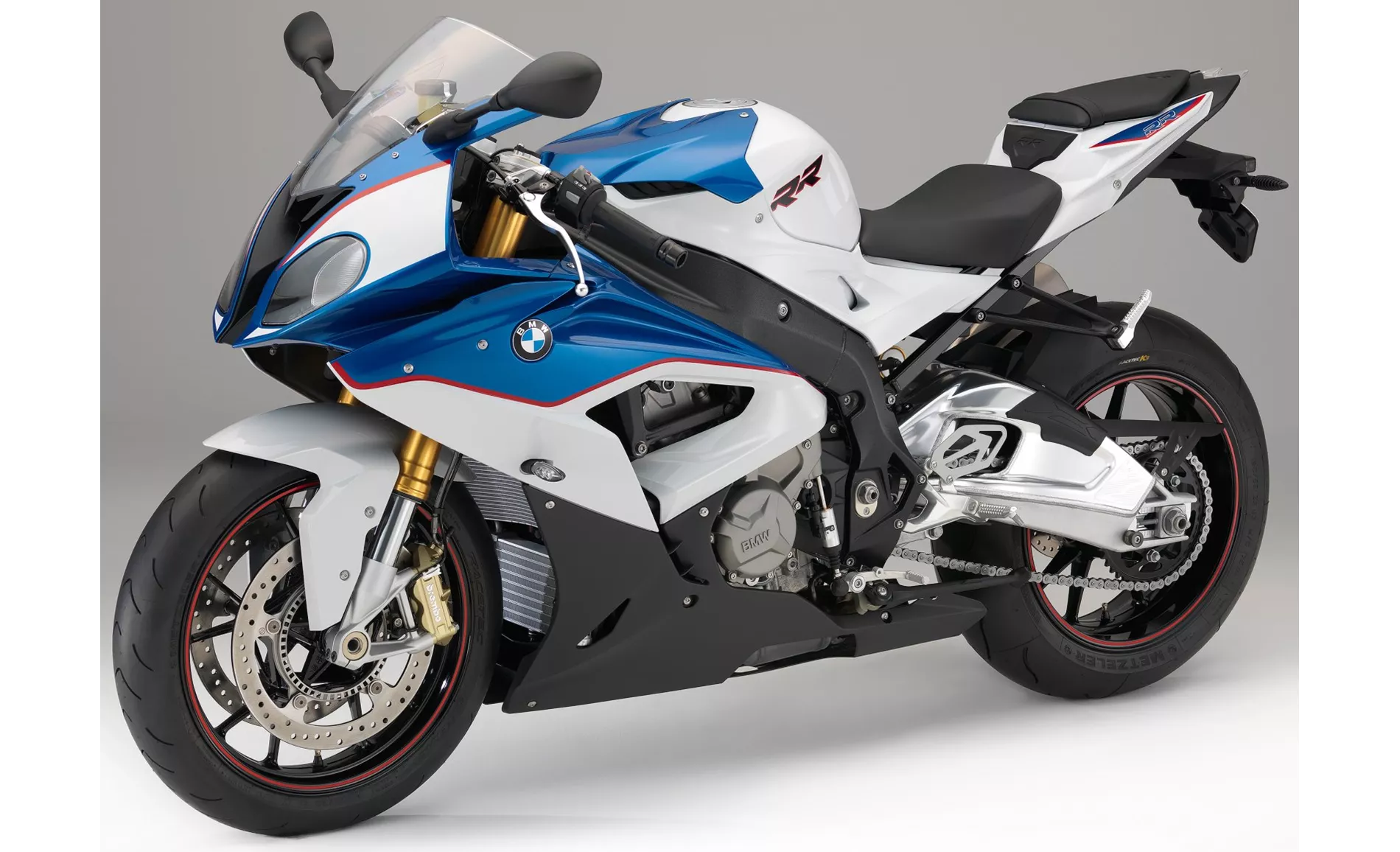
BMW S 1000 RR 2015
In terms of dimensions and weights, there are some differences between the two motorcycles. The BMW S 1000 RR has a wheelbase of 1425mm, while the Yamaha R1 has a slightly shorter wheelbase of 1405mm. The seat height of the BMW is 815mm, while the Yamaha has a higher seat height of 855mm. The kerb weight of the BMW is 204kg, slightly heavier than the Yamaha's 199kg. Both motorcycles have a fuel tank capacity of around 17 liters.
Now, let's discuss the strengths and weaknesses of each motorcycle. The BMW S 1000 RR 2015 is known for its superb shift assistant, which allows for smooth and quick gear changes. It also has an incredibly powerful and rev-happy engine, providing exhilarating performance. The BMW also offers a great range of accessories, allowing riders to customize their bike to their liking. Additionally, the BMW S 1000 RR comes with a race-ready data logging tool and calibration tool, which can be useful for professional riders.
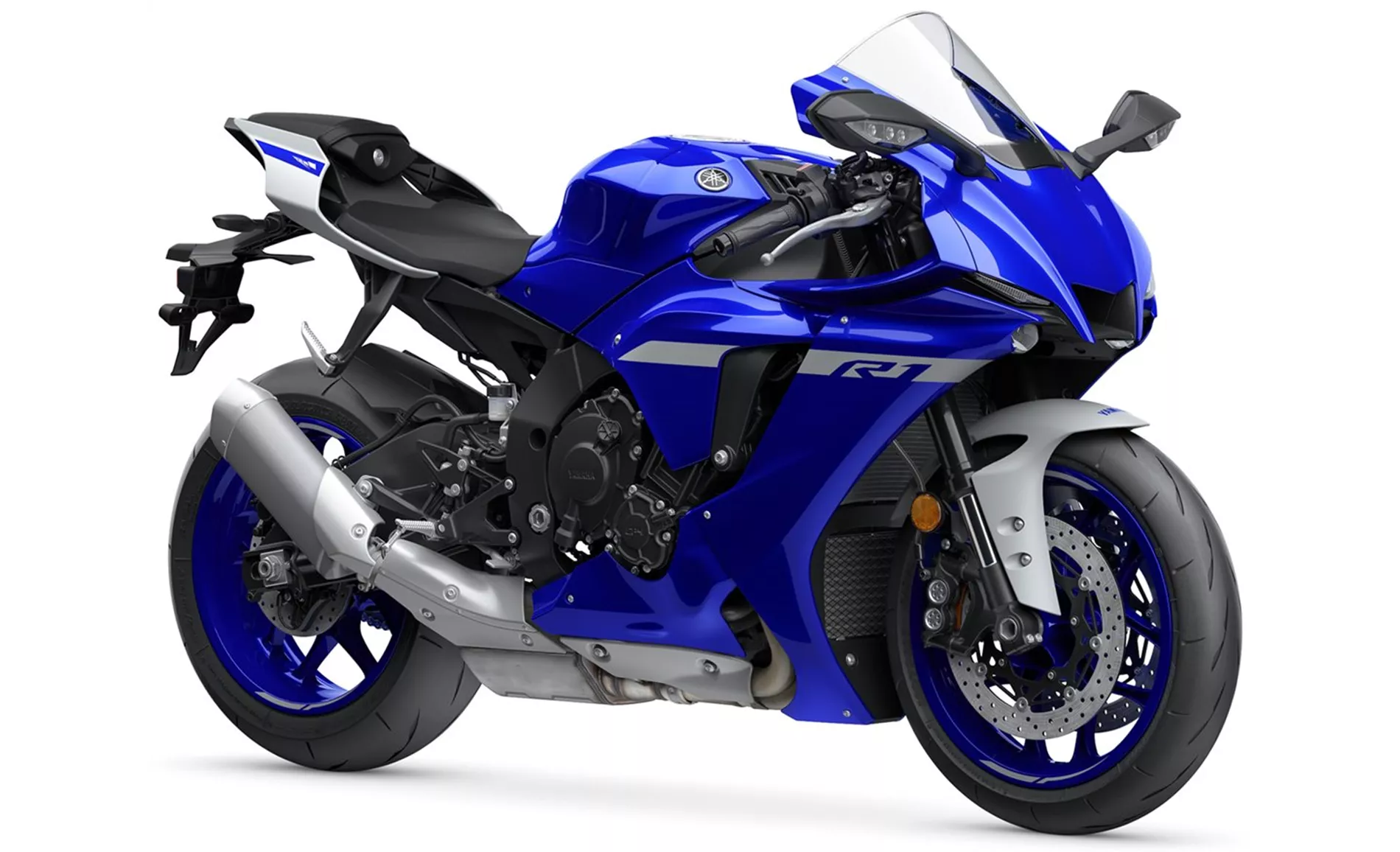
Yamaha R1 2020
On the other hand, the Yamaha R1 2020 is praised for its powerful engine and clean response. The sound of the Yamaha R1 is also highly regarded, being great but not intrusive. The R1 features a stable chassis and high-quality electronics, providing a smooth and controlled ride. Overall, the Yamaha R1 gives a wonderfully noble impression.
However, both motorcycles have their weaknesses as well. The BMW S 1000 RR 2015 can have a chassis that quickly reaches its limit in the hands of professional riders. On the other hand, the Yamaha R1 2020 has brakes that are not 100% satisfactory on the race track, which can be a drawback for riders who prioritize track performance.
In conclusion, both the BMW S 1000 RR 2015 and the Yamaha R1 2020 are powerful and high-performance supersport motorcycles. While they have similar specifications, they also have their own strengths and weaknesses. Ultimately, the choice between the two will depend on the rider's preferences and priorities.
Technical Specifications BMW S 1000 RR 2015 compared to Yamaha R1 2020
Pros and Cons in comparison
Pros and Cons in comparison
BMW S 1000 RR 2015
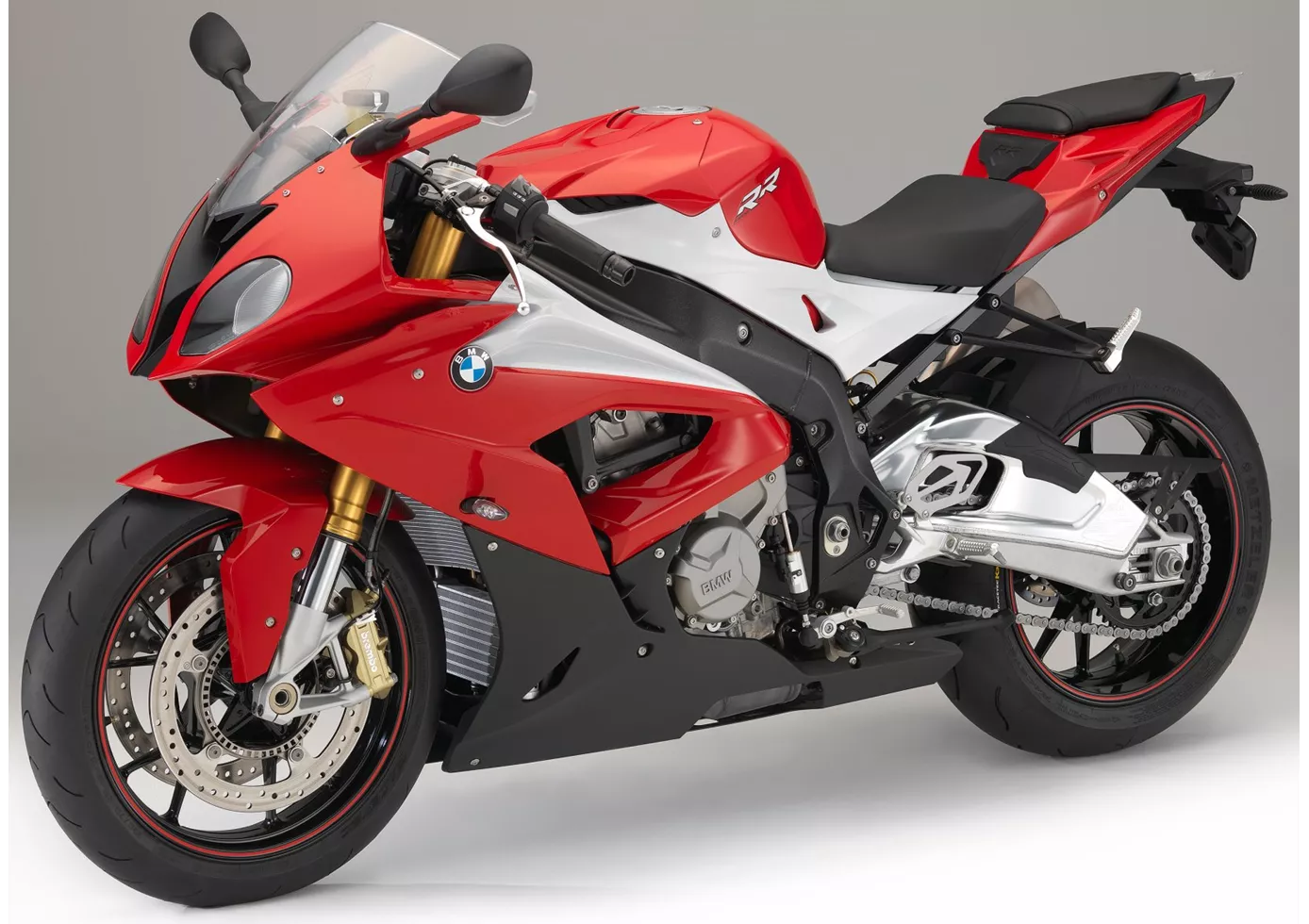
The BMW can still score points with hard facts in 2015. If you like top performance, you have to buy the BMW. It turns out incredibly powerful at the top and drives away the rest of the field from 200. Big and heavy riders will be able to benefit from this even more. BMW didn't make it easy for themselves with this bike and put together a very universal motorbike. If you were to do a comparison test with 50 different riders (from rookie to pro), the BMW would have the best average of all 1000cc bikes. The electronic chassis, but also the riding aids, make the pros fast and the beginners safe on the road. A top recommendation for a very broad target group. Very fast hobby riders will not be 100% satisfied with the standard suspension. If you don't want to modify the chassis, you should rather go for an R1M, a Panigale S or an RSV RF. If you want to convert anyway, the S 1000 RR is the strongest and most universal base. Surprisingly, the powerful machine also rides very well on country roads. All in all, it looks like a compromise, but it never feels like one in practice.
Yamaha R1 2020
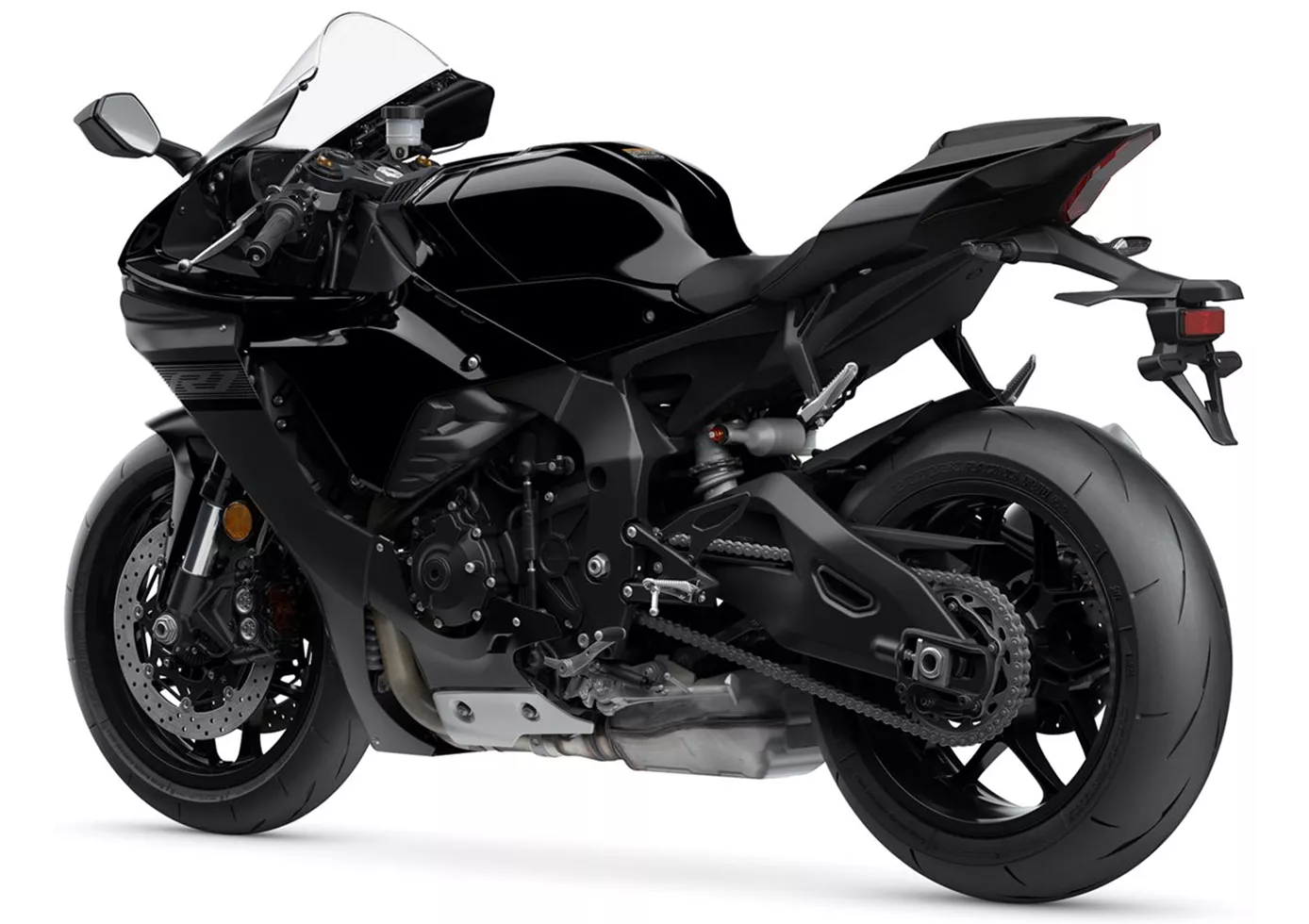
The Yamaha YZF-R1 is mature and makes countless racetrack pilots happy. The engine shines with lightness and agility, the seating position surprises positively and the handling is radical but still "suitable for the masses". The machine immediately stands out visually and also because of the heart-warming sound. Especially on the country road, the bike scores with its well-known strengths: great engine, great electronics, great package! A real pleasure to ride!
Price Comparison Avarage Market Price BMW S 1000 RR vs Yamaha R1
There are a few key differences between a BMW S 1000 RR 2015 and a Yamaha R1 2020. In terms of price, the actual average price of a Yamaha R1 2020 is about 43% higher. A BMW S 1000 RR 2015 experiences a loss of 1,560 USD in one year of ownership. This is offset by a loss of 1,240 USD for a Yamaha R1 2020. Compared to Yamaha R1 2020 there are less BMW S 1000 RR 2015 bikes available on the 1000PS.de Marketplace, specifically 8 compared to 9. It takes less time to sell a BMW S 1000 RR with 77 days compared to 86 days for a Yamaha R1. Since model year 2010 1000PS.de editors have written 135 reviews for the BMW S 1000 RR and 80 reviews for the Yamaha R1 since model year 2005. The first review for the BMW S 1000 RR was published on 4/16/2008 and now has more than 4,000 views. This compares to more than 3,900 views for the first review on Yamaha R1 published on 4/28/2003.

